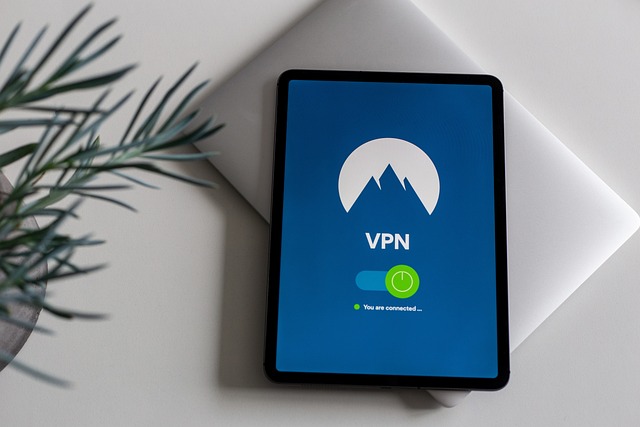What Is 4014303033?
At a glance, 4014303033 is a 10digit numerical string that follows the standard US phone number format, with “401” being the area code. This places the number geographically in Rhode Island. While it seems like a regular line, the function or owner of this number isn’t immediately obvious.
If this number called you or texted you out of nowhere, you’re not alone. Many users have reported receiving unsolicited calls from this number—some claim it’s promotional, others say it’s a robocall. It leaves more questions than answers.
Why People Look Up Unknown Numbers Like 4014303033
Phone scams and robocalls are on the rise. We’re all more cautious when a strange number lights up our device. Here’s why that matters:
Privacy concerns: Unknown calls can be a ploy to gather your personal info. Financial risk: Some scams aim to trick users into giving up account data or passwords. Time wasters: Nonstop calls from bots or marketing agencies burn through patience and productivity.
The curiosity (or concern) surrounding 4014303033 is grounded in this environment. People want to know: Is this safe to answer? Should I block the number? Do I call back?
Is It Safe to Answer?
Short answer: probably not, unless you’re expecting a call from Rhode Island from someone you know.
The lack of verified business affiliation tied to 4014303033 means there’s little to support its legitimacy. Without that transparency, there’s no reason to pick up or engage.
If it’s truly important, the caller will leave a voicemail. Even then, proceed with caution and avoid sharing personal data over the phone unless you’re sure about who’s calling.
How to Handle Calls From 4014303033
Getting a call from a number like this can be annoying. Here’s the minimalist strategy for dealing with it:
- Don’t answer if the number is unfamiliar.
- Check voicemail—a legitimate caller will leave info.
- Block the number if calls persist and seem spammy.
- Report it to the Federal Trade Commission (FTC) if it feels like harassment or fraud.
Don’t try to play detective or bait the caller. That only opens you up to more spam or worse—scams.
Use Tools to Identify Problem Numbers
Several sites and apps specialize in identifying numbers like 4014303033. Consider using:
Truecaller: Offers crowdsourced info about spam numbers. Hiya: Helps flag known scam and robocall numbers. The FTC’s Do Not Call registry: A report here adds to the body of complaint data.
Most smartphones also let you flag numbers as spam yourself, increasing crowd knowledge for the next person who gets the same call.
When Might It Be Legit?
It’s unfair to assume every unknown number is a scam. A few scenarios might make 4014303033 a genuine call:
Medical offices or government agencies using thirdparty call centers. A business following up on a service, survey, or support. A person calling from an unlisted or workissued number.
Still, each of these is rare, and in most cases, the lack of caller ID or missing context means ignoring the call is safest.
How to Protect Yourself From Scam Calls Like 4014303033
Being proactive cuts down on interruptions and risks from sketchy numbers. Here’s what works:
Enable your phone’s spam filter: Android and iOS now filter known robocall numbers. Never share personal info over the phone: Especially if it’s an inbound, unsolicited call. Use call blocking apps or carrier services: Many mobile providers offer free spam controls. Educate family: Elderly relatives are often targeted by phone scams and may be alarmed by strange calls.
A little bit of action goes a long way. Set your boundaries once and let your phone do the filtering.
Final Thoughts: Don’t Feed the Caller
In a world full of scam attempts, one thing’s clear—silence is power. If 4014303033 shows up on your screen, the most effective response is none. Don’t engage. Let automated systems and collaborative reporting tools work it out.
Scammers thrive on confusion and curiosity. Stay sharp, keep communication channels clear, and treat unknown numbers with the communityminded skepticism they deserve.


